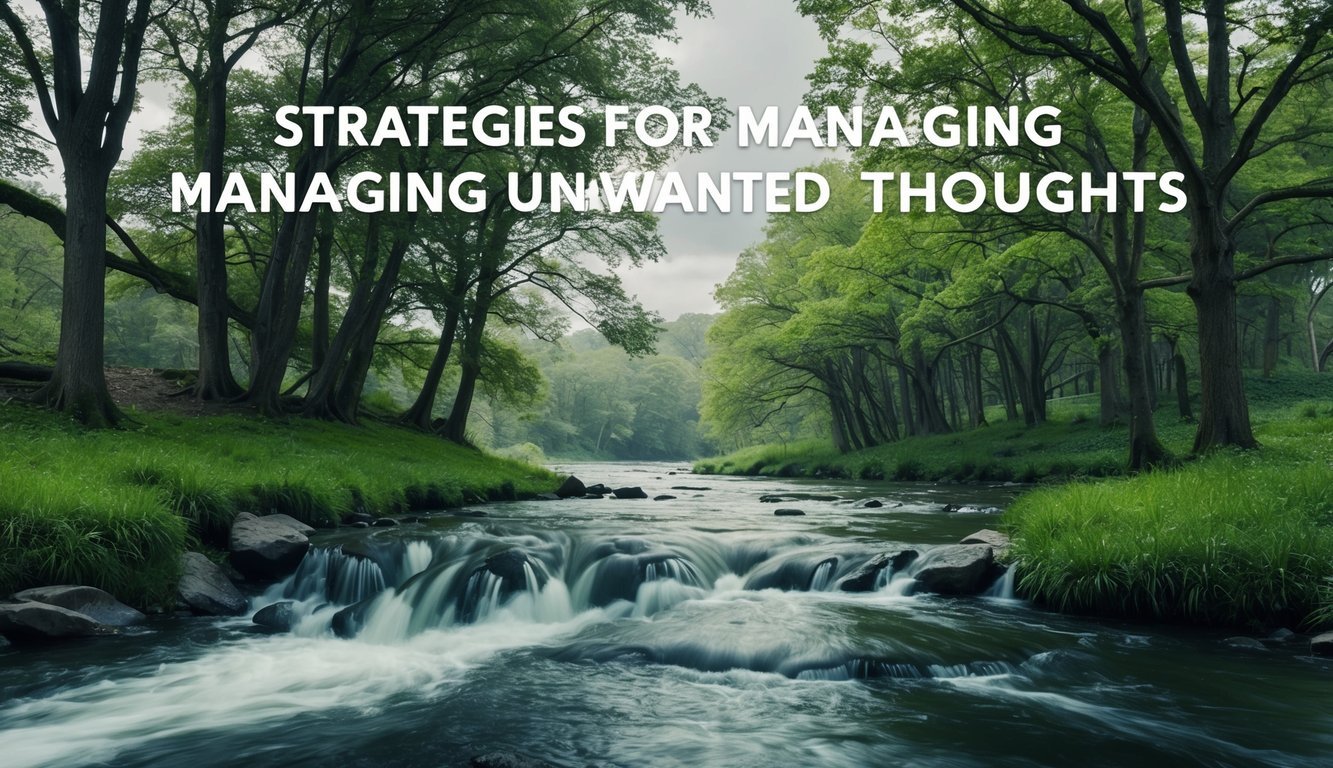Physical Address
304 North Cardinal St.
Dorchester Center, MA 02124
Physical Address
304 North Cardinal St.
Dorchester Center, MA 02124
The phrase "Don't think of a pink elephant" illustrates the challenge of suppressing unwanted thoughts, revealing differences in mental imagery capabilities among individuals.


The phrase “Don’t think of a pink elephant” highlights the difficulty of suppressing unwanted thoughts.
This concept, stemming from Curt Siodmak’s 1974 novel, City in the Sky, illustrates how challenging it can be to eliminate certain mental images.
Research shows that many people who hear about a pink elephant will visualize it.
However, a specific group known as those with aphantasia cannot form mental images at all, leading to confusion about others’ experiences.
Recent research reveals that the struggle with unwanted visualizations is not universally experienced.
Some, including those with aphantasia, have shown an ability to prevent undesired visual thoughts from occurring.
Aphantasia is characterized by the inability to voluntarily create mental images, meaning that when asked to avoid imagining something like a pink elephant, people with this condition simply cannot visualize it.
Are you tired of spinning your wheels and getting nowhere? Simply put, you’re out of sync: you’re out of alignment with your astral configuration.
But: there’s a kind of map that can help you reclaim your alignment. Think of it as your own personal blueprint to success and happiness: a blueprint that will help you live your most amazing life.
Get started here.
While often regarded as a limitation, those with aphantasia may benefit from a relative resistance to intrusive thoughts.
This condition represents just one segment of the diverse spectrum of human cognitive abilities when it comes to visualization.
Most people have an average capability for mental imagery, while a select few possess an exceptionally strong ability.
Research conducted in our study examined the relationship between the strength of people’s mental imagery abilities and their likelihood of experiencing involuntary visualizations.
The findings indicated that those with vivid imaginative capabilities often encounter these involuntary images, with their brain activity being significant predictors of such occurrences.
For some, being able to vividly imagine scenarios can be joyful.
However, this ability can also result in challenges when it comes to controlling or suppressing these visual experiences.
On the other hand, those with less vivid imagination often find it easier to curb unwanted thoughts.
A key question arises about whether people with aphantasia enjoy a more peaceful mental state.
Our investigation suggested that those who view their imagery abilities as weak are indeed less likely to obsess over forbidden thoughts.
Nevertheless, this does not necessarily lead to a quieter mind; rather, these people may engage in mind-wandering instead.
For people with aphantasia, attempts to suppress specific thoughts often lead to a shift towards completely different topics, such as daily tasks or future plans, thus moving far away from unwanted imagery.
Reports indicate that some with aphantasia do experience mind-wandering, but the content differs from conventional visual daydreaming.
For example, one person frequently drifts into auditory thoughts, imagining conversations in auditory contexts.
This realization about his “daydreams” being more auditory emerged recently.
In contrast, another person perceives thoughts as sensations of texture and movement rather than visual or auditory stimuli, highlighting the diverse ways people navigate their mental landscapes.
The question of whether aphantasics are protected from the trauma of re-experiencing distressing events remains unanswered.
While findings suggest a resistance to involuntary visualizations, further research is necessary to determine if this implies an immunity to reliving traumatic experiences or if those with aphantasia react to different sensory perceptions.
In summary, the assertion that telling someone not to picture a pink elephant leads them to be preoccupied with the thought does not apply to everyone.
People with aphantasia may simply redirect their focus to other topics, such as what to have for dinner.